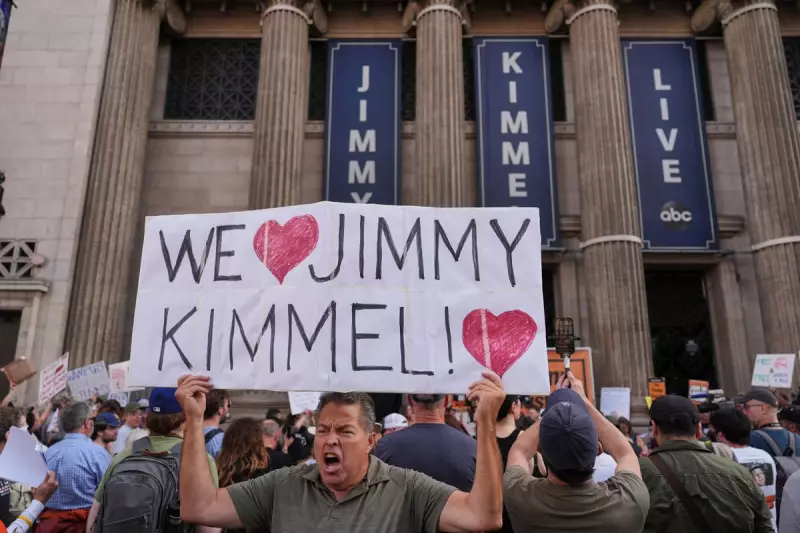
In a monologue that has since gone viral and sparked intense debate, American television host Jimmy Kimmel departed from his usual comedic fare to deliver a stark, sobering verdict on the state of his nation. The segment, which has resonated far beyond its US audience, presented a portrait of a country grappling with deep-seated political and social decay.
A Comedian's Grim Diagnosis
Kimmel, known for his light-hearted humour and celebrity interviews, took a decidedly serious turn. He methodically catalogued a series of issues plaguing modern America, from the corrosive influence of money in politics and the relentless grip of hyper-partisanship to the erosion of public trust in institutions. His tone was not one of mockery, but of genuine concern and frustration, asking a pivotal question: "Is this the end of America as we know it?"
Beyond the Laughter: Echoing a Global Sentiment
The power of Kimmel's message lies in its reflection of a sentiment felt by many, both within and outside the United States. The monologue tapped into a growing anxiety about the functionality of Western democracies and the challenges of misinformation, political polarisation, and social inequality. By using his platform to voice these concerns, Kimmel elevated a conversation often confined to political commentary into the mainstream.
Key Issues Highlighted
- Political Dysfunction: A system seemingly paralysed by partisanship and unable to address critical national issues.
- Erosion of Truth: The pervasive spread of misinformation and the declining trust in media and factual evidence.
- Social Division: Deepening cultural and political rifts that hinder national cohesion and progress.
- The Role of Media: How entertainment platforms are increasingly becoming spaces for serious political discourse.
More Than Entertainment: The Role of Late-Night TV
Kimmel's segment underscores the evolving role of late-night television in the US. These shows have transformed from pure variety and comedy hours into significant platforms for political and social commentary, often shaping public opinion and holding power to account in ways traditional news media sometimes struggles to achieve.
The monologue serves as a cultural moment, a reflection of a pervasive anxiety about the future. Whether one agrees with his assessment or not, Kimmel's decision to voice these concerns on a major network highlights the profound questions being asked about America's trajectory and its role on the world stage.






